What is an interview?
When applying for jobs through job sites or recruitment agencies you will have to complete an interview stage before being offered any type of work. This is standard practise and can vary depending on the field of work you are looking for. When you submit applications or send your CV to an organisation/agency that is looking to recruit, you may be invited to interview along with other applicants.
- This can be an interview/registration with an agency for pre-screening. (whereby you become a candidate of the agency and they will assist you in your job search) (this may apply when applying for apprenticeships)
- Or a direct interview with the organisation depending on how you applied for the role.
You should take registration interviews with recruitment agencies just as serious as you would a regular interview, this is pre-screening and where first impressions begin. Remember, you can sign up and become a candidate with as many agencies as you like, just ensure you keep note of these, stay in contact and outline if you are looking for temporary/permanent employment. (More on this below)
Recruitment Agency Interviews
Recruitment agencies may book appointments with job seekers to ‘interview’ you for registration.
A good recruiter will coach you through an interview registration explaining all the details of what a recruitment agency can provide, they will stay in touch with you over the phone and via email and update you on any organisation they would like to send your CV too (with your permission). They will arrange interviews for you with clients. Do not be alarmed if the registration doesn’t take too long it’s the impression you make that’s important.
Registration interview preparations:
Bring with you:
- Copies of your up-to-date CV.
- ID: Passport or original birth certificate/driver’s license/valid visa/work permit.
- References (if you have any)
- If you have an Enhanced DBS, bring the original certificate with you, along with any other relevant qualifications/certificates.
- A pen (look prepared)
Some recruitment agencies specialise in different sectors of job vacancies so ensure that you are prepared, and the visit is relevant for you. If anything, else is needed that is not mentioned above, the recruiter will have this on your appointment email.
Agency Interview preparations:
- Plan your route & arrive on time.
- Dress in smart workwear.
- Prepare notes on questions you wish to ask; What is the recruitment process? How does it work etc.
- Smile, and get to know your recruiter, share details of your current working situation, and give details of the type of work you are looking for.
- Sell yourself, make a positive impression.
Make a note of the agency you have visited, if you see a role they have advertised in the future and you are interested you can contact them, and you will already registered.
Further detail in links below.
Direct Interviews
Either directly applied by you or sourced by your recruiter.
There are many types of interview process’s out there but for a standard interview Its important to know how to prepare.
An interview can be a formal or informal conversation, one to one or virtual. Consider it an invitation into the organisation to discuss the potential job opportunity you applied for.
Interviews can also be done over the phone, or in small groups. In a face-to-face meeting environment, the interviewer will ask you questions, and explore your attributes in line with the role they are recruiting for.
Useful job sites to search for vacancies:
- https://uk.indeed.com/
- https://www.reed.co.uk/
- https://www.cv-library.co.uk/
- https://www.monster.co.uk/
- https://www.adecco.co.uk/
- https://www.gov.uk/find-a-job
- https://www.totaljobs.com/
If you have specific skills, a simple google search will assist with relevant job sites.
Interview Preparations
- Research the organisation you are interviewing with.
- Understand the role you have applied for.
- Prepare common answers for standard interview questions.
- Prepare questions you can ask the interview panel. (Role and organisation related)
- Plan your travel to the destination. (TFL route planner)
- Plan your interview attire, ensure you are presentable.
- Ensure you get enough rest and look presentable.
- Arrive 10-15 minutes before your interview. (Ensure you know who you are meeting)
- Remember first impressions start when you arrive.
Prepare answers to these Top 10 Interview Questions
- Tell Me About Yourself.
- Why Do You Want This Job? …
- Why Should We Hire You?
- What is Your Greatest Strength?
- What is Your Greatest Weakness?
- Why Do You Want to Leave (or Have Left) Your Job?
- What Are Your Salary Expectations?
- How Do You Handle Stress and Pressure?
During the interview:
- Be honest.
- Stay calm, be professional and keep eye contact.
- Be yourself, the interview is for you to feel comfortable also.
- Sell yourself, be confident in your reasons and use your experience to assist with this.
- Use positive statements, and good examples that will illustrate your skills.
- Ask questions, remain interactive and polite.
- Avoid negative comments regarding current employer.
The 5 Best Questions to Ask an Interviewer
- What do you expect from team members in this position?
- Will those expectations change over time?
- What is a typical day like at [company name]?
- Where do you see the company in five years?
- What are the next steps in the interview process?
Remember an interview is an opportunity for both you and the interviewer to get to know eachother, with the right amount of research, the right questions and being yourself, you will both have a better understanding on whether the role is a correct fit.
Useful links:



